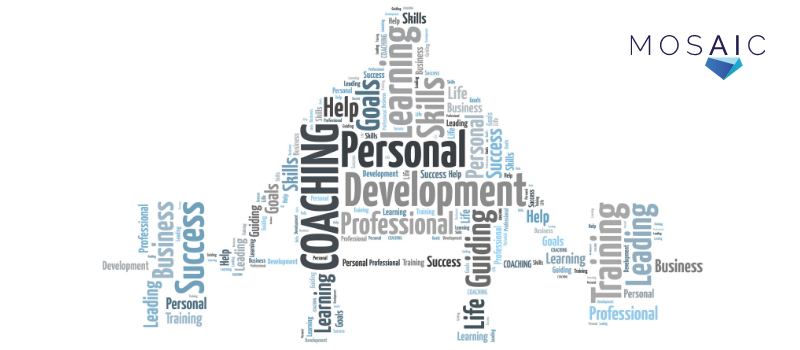Assertiveness is a valuable set of communication and interpersonal skills that allow individuals to express their thoughts, needs, and preferences in a clear, confident, and respectful manner. It involves standing up for oneself, advocating for one’s rights, and maintaining healthy boundaries while respecting the rights and boundaries of others.
The assertiveness set of skills
- Clear Communication: Assertiveness begins with clear and concise communication. Assertive individuals express their thoughts and feelings directly, avoiding vague or ambiguous language.
- Confidence: Confidence is a key component of assertiveness. Assertive individuals convey their message with self-assurance, which can influence others to take their concerns seriously.
- Respect: Assertiveness is respectful. Assertive individuals express their needs and opinions without disrespecting or belittling others, maintaining a positive and constructive tone.
- Active Listening: Listening skills are integral to assertiveness. Assertive individuals actively listen to others’ perspectives and feedback, demonstrating a willingness to understand and consider alternative viewpoints.
assertiveness skills
- Body Language: Non-verbal communication plays a role in assertiveness. Assertive body language includes maintaining eye contact, standing or sitting upright, and using appropriate gestures to reinforce the message.
- Boundary Setting: Assertive individuals are skilled at setting and maintaining boundaries. They can clearly define their personal limits and communicate them to others while respecting the boundaries of others.
- I-Statements: I-statements are a communication technique used in assertiveness. Instead of saying “you” statements that may sound accusatory, assertive individuals use “I” statements to express their feelings and needs. For example, “I feel frustrated when deadlines are not met.”
- Conflict Resolution: Assertiveness includes conflict resolution skills. Assertive individuals can address conflicts and disagreements in a calm and constructive manner, seeking mutually acceptable solutions.
Assessing assertiveness skills
- Negotiation: Negotiation skills are often a part of assertiveness. Assertive individuals can engage in negotiations to find compromises and win-win solutions that meet both parties’ needs.
- Self-Advocacy: Assertiveness involves self-advocacy. Individuals with this skill can assert their rights and interests in various situations, such as during performance evaluations or contract negotiations.
- Emotional Regulation: Emotional regulation is essential for assertiveness. Assertive individuals can manage their emotions and avoid becoming overly aggressive or passive-aggressive during discussions.
- Self-Esteem: A healthy self-esteem underpins assertiveness. Individuals with high self-esteem are more likely to assert themselves confidently and assert their rights.
- Stress Management: Assertive individuals can effectively manage stress in confrontational or challenging situations. They remain composed and focused on the issue at hand.
more assertiveness skills
- Feedback: Assertiveness includes providing and receiving feedback constructively. Assertive individuals can deliver feedback in a way that promotes improvement without causing defensiveness.
- Problem-Solving: Problem-solving skills are often used in assertiveness. Assertive individuals can identify issues, suggest solutions, and work collaboratively to resolve problems.
- Saying No: Assertiveness involves the ability to say “no” when necessary. Assertive individuals can decline requests or demands respectfully and assert their own priorities.
- Active Engagement: Assertive individuals actively engage in conversations and interactions, participating fully rather than being passive observers.
- Crisis Management: Assertiveness extends to crisis management. In high-pressure situations, assertive individuals can make decisions and take appropriate actions decisively.
- Adaptability: Adaptability is a part of assertiveness. Assertive individuals can adjust their communication style to suit different situations and individuals while remaining true to their own needs and values.
- Self-Reflection: Self-reflection is integral to assertiveness. Assertive individuals continually assess their communication and interpersonal interactions, seeking opportunities for improvement.
In summary, assertiveness as a set of skills includes clear communication, confidence, respect, active listening, appropriate body language, boundary setting, I-statements, conflict resolution, negotiation, self-advocacy, emotional regulation, self-esteem, stress management, feedback, problem-solving, saying no, active engagement, crisis management, adaptability, and self-reflection.
Developing and honing these skills empowers individuals to communicate effectively, maintain healthy relationships, and assert their rights and needs in a balanced and respectful manner.
– the Gifted education and educational assessment specialists.
